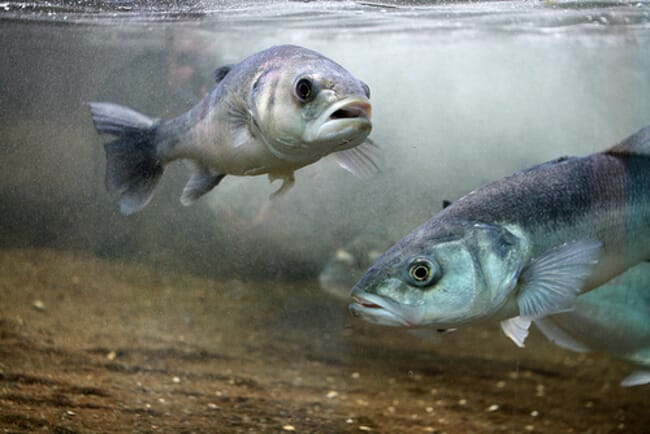Scientists based in Egypt studied the effects of supplementing fishmeal-based feeds for juvenile European sea bass (Dicentrarchus labrax) with taurine – with supplementation levels varying from 0 to 1 percent.

The effects of adding more of this amino acid to the diets on fish growth, feed utilisation, proximate chemical composition, haematology, immune biomarkers and muscle morphometry were examined.
The researchers noted that: “An increase in the dietary taurine incorporation resulted in progressive increases in the growth metrics” with the fish given the highest level of taurine increasing in size from 5 to 22 grams over the 90 day trial – four grams more than the fish receiving the control diet – while their protein productive value was 31 percent, compared to 28 percent in the control.
On the flip side the fish fed an additional 0.4 percent taurine showed “significantly” reduced lipid levels - dropping to 7.8 percent in the fish fed this diet compared with 9.4 percent in the control fish.
The researchers found that other impacts caused by taurine supplementation included elevated blood lymphocyte and monocyte counts and increased serum phagocytic and lysozyme activities.
The researchers concluded that: "Taurine addition at 1% (T10 feed), the suggested level to boost growth, altered the dorsal muscle cellularity and myofibril ultrastructure, suggesting enhanced muscle function and firmness in comparison with that of the fish given the control feed."
An abstract of the trial results, which has recently been published in Aquaculture International, under the title “Is a taurine supplement necessary in fishmeal-based feeds for juvenile European sea bass (Dicentrarchus labrax)?” is available here.


